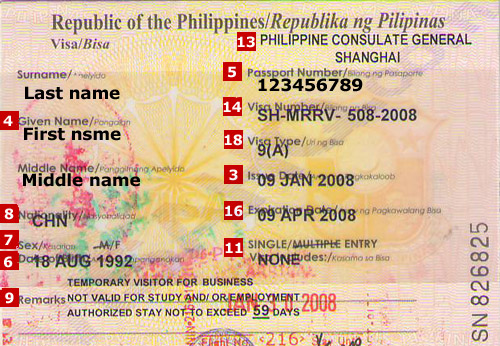Philippines Embassy list in Afghanistan
Need help?Chat with us
Importance of Trip Registration at the Philippines Embassy
Registering your trip with the Philippines embassy is crucial for ensuring safety, effective communication, and access to support during emergencies. In case of natural disasters such as earthquakes or typhoons, having your details registered enables the embassy to provide timely updates and assistance. For instance, if a volcanic eruption disrupts travel or safety, registered travelers can receive immediate alerts.
In situations of political unrest or civil disturbances, embassy personnel can reach out to registered citizens, offering guidance on safe routes and evacuation plans. Additionally, if you face medical emergencies, the embassy can play a pivotal role in coordinating care, liaising with local healthcare providers, and ensuring you’re not left isolated in a foreign environment. By registering your trip, you are taking proactive steps toward your personal safety and well-being, allowing the embassy to provide critical assistance when you need it most.
Philippines Embassy FAQs
Can the Philippines embassy assist in legal issues abroad? Yes, the Philippines embassy can provide information and support regarding legal issues, including referrals to local legal counsel and assistance with understanding local laws and regulations.
What should I do if I lose my Philippines passport in Afghanistan? If you lose your passport in Afghanistan, contact the Philippines embassy immediately. They can guide you through the process of obtaining a replacement passport and assist with any necessary documentation.
How can the embassy help if I am detained abroad? The embassy can provide assistance by offering legal advice, liaising with local authorities, and ensuring that you are treated fairly according to local laws. They can also help inform your family of your situation.
What should I do if I experience health issues while traveling? If you experience health issues while traveling, contact the embassy for information on local medical facilities and assistance in communicating with healthcare providers.
Services Provided by Philippines Embassies in Afghanistan
Passport Services
- Issuance of new passports
- Renewal of existing passports
- Replacement of lost or stolen passports
Visa Issuance for Foreign Nationals
- Processing visa applications
- Providing information on visa regulations
Assistance in Legal or Medical Emergencies
- Support and guidance for legal issues
- Coordination for medical emergencies and referrals
Travel Alerts and Safety Updates
- Providing advisories on safety and travel conditions
- Alerts for natural disasters or political unrest
Support for Nationals Detained Abroad
- Assistance with legal representation
- Communication support with local authorities
Summarized Diplomatic Presence
The Philippines maintains a diplomatic presence in Afghanistan primarily through its embassy, located in Kabul. The embassy is tasked with fostering bilateral relations, promoting trade, and providing consular services to Filipino nationals in the region. Its operations are essential for safeguarding the welfare of Filipino citizens abroad, offering critical support in emergencies and legal matters. The embassy also serves as a channel for diplomatic dialogue, enhancing collaboration between the Philippines and Afghanistan. By facilitating communication and cooperation, the embassy plays a significant role in strengthening international relations and promoting the interests of the Philippines in the region.
